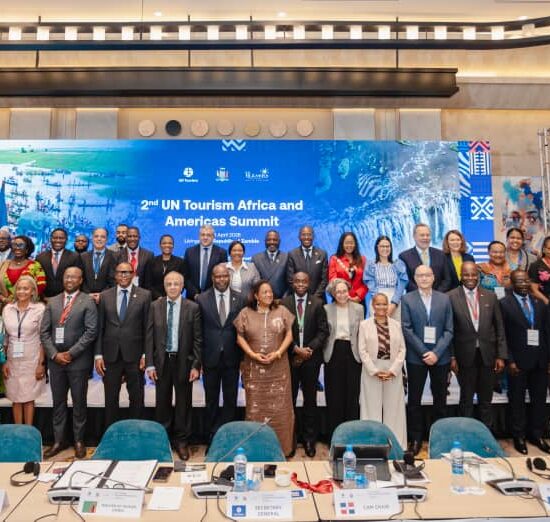
Energy Minister Chibwe Kapala has vowed to continue with monthly fuel price adjustments despite key stakeholders feedback that it’s not working and is making business planning a at both business and household level a nightmare.
Key stakeholders such as the Buss and Taxi Owners Association, Association of Oil marketing Companies, Business Owners and members of the public have told the Zambian Business Times – ZBT that monthly fuel adjustments is not working well.
Consumers argue that the monthly adjustment are disruptive with those having school going children as well as those consumers who use public and even private transport are struggling to manage their expense budgets.
Business owners on the other hand say its disruptive in the pricing of their finals products which needs transport and logistics costs to be absorbed in the selling prices. This is leading to general price adjustments almost on a monthly basis and for those with pricing power, they end up increasing prices to carter for anticipated future fuel price increases.
They argue that Business planning as well as business financial projections have become increasingly difficult even on a quarterly basis, a situation that is worsening the already increased cost of living.
But Energy Minister Kapala and the Energy Regulation Board insist that monthly price adjustments are needed siting concerns on debt accumulation if a quarterly or a longer cycle of review is put in place.
Kapala In a statement posted on his facebook page and seen by ZBT stated that “we have no plans to revert to previous ways of adjusting fuel prices after months, as that makes it hard to manage the debts owed to oil marketing companies and doesn’t make the pump price to be cost-reflective”.
A check however reveals that the Ministry has retained and extended the policy of waiving value added tax – VAT, import duties and excise duties by extending the statutory instrument that the new dawn government inherited. This in itself is an indirect subsidy and represents lost tax and non tax revenue to government.
Moreover, the Ministry is yet to conduct an official industry and consumer research to generate empirical evidence and inform their stand to continue with monthly fuel price reviews and adjustment. It remains to be seen how sustainable and who eventually will profit on the insistence to keep this policy.







